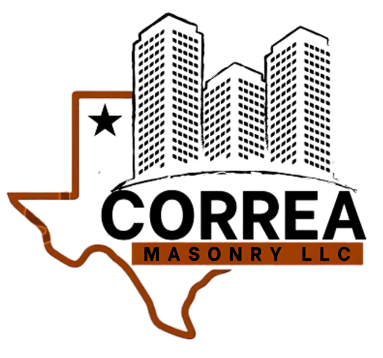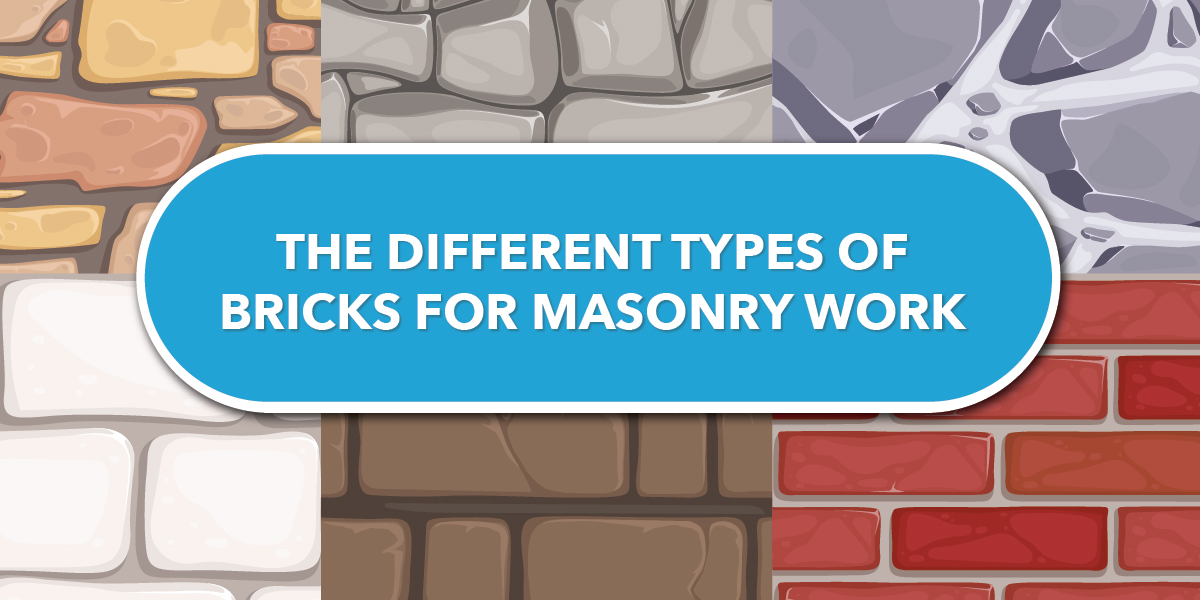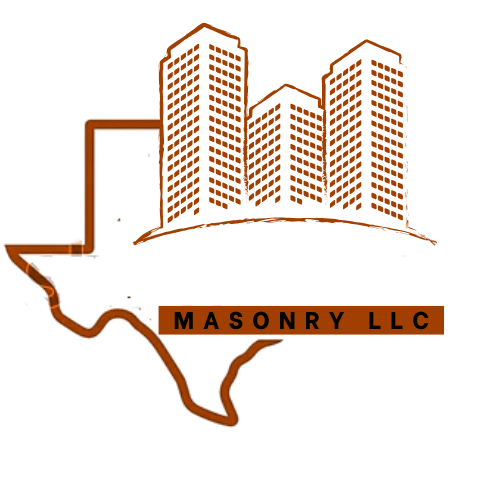In the case of outdoor tasks such as constructing a patio, a pit for the fire, a candle, or a retaining wall, the question of whether to do the work oneself or employ an expert stone masonry contractor in Dallas appears. They both have advantages and disadvantages, which means that all of them need to be considered carefully. Cost: Is DIY Cheaper? Since you’re cutting out the labor cost, you pay only for the materials, and it can significantly cut down on the cost of the project. This does, however, come with some caveats. First is an investment in good tools and equipment, especially if you do not already have them. Hired or purchased special masonry tools such as mortar mixers, trowels, stone cutters, and safety equipment can become costly. Moreover, in case, you make mistakes in the work, you may have to repair it and even buy some more material. On the other hand, a masonry contractor will generally charge upfront because they will be billing their labor and materials. A professional will probably work faster, use fewer materials, and not make high-priced mistakes that might save you money down the road. You will also have peace of mind knowing the job was done right, so the risks of needing additional repairs or adjustments going forward will be reduced. Time and Efficiency: How Much Time Do You Have? Even if you are as handy as all get out, laying stones, mixing mortar, and ensuring the work is level and safe means many hours—especially on weekends or evenings when you can’t be there full-time. A DIY project can drag on for weeks or months, depending on the size and complexity of the job. Furthermore, the time you could put into it may go to those pockets of other things already competing for your time in life, such as family time, work, or doing other household things. A professional masonry contractor will get the job done much more efficiently. With experience and with proper tools, a contractor can complete projects in a fraction of the time it would take you. Whether or not it is building a retaining wall or installing a stone pathway, a contractor will know how to get the job done most efficiently, which may be invaluable if you’re looking to get the job done quickly. Skill and Expertise: Do You Have the Right Know-How? It is something more than the usual DIY skills; in other words, it is about precision, technical know-how, and experience in laying stone, brick, or concrete. This is the art of knowing the balance between materials and mortar as well as the environmental surroundings that surround you. Poorly installed stonework can cause structural problems, such as cracks, shifting, or even collapse. Professional masonry contractors have years of hands-on experience and industry knowledge. They understand the subtleties of materials, knowing when such stones expand and contract with temperature or application of mortar at correct proportions. The contractor will ensure not only that the job looks nice aesthetically but, more importantly, that it is structurally sound and long-lasting. Tools and Equipment: Do You Have the Right Gear? Masonry work demands specialized equipment, and most relevant tools are not usually found in any well-stocked homeowners’ garage. While heavy equipment such as mixers and scaffolding are needed, so too are smaller equipment such as trowels, chisels, and stone-cutting saws for the proper completion of a project. Even rental masonry tools at home improvement stores are available to the DIYers, though that too comes with its share of inconveniences. Besides being doubly sure you’re using the tool right, there’s the cost of renting or buying a tool – all additional hassles. Mistakes can happen or even accident. Final Thoughts: Any decision to do DIY masonry or seek a contractor depends on the complexity of your project, budget, and experience level. DIY probably saves you money and gives you a comprehensive sense of accomplishment, but hiring a Correa Masonry ensures completion within time, budget, and good work quality.
The Different Types of Bricks for Masonry Work
Bricks are the basic building blocks of any type of construction or masonry work. With the advances in materials sciences, there are a lot more different types of bricks available today with various attributes and differences in aesthetics. Are you looking for certified masonry specialists in the Dallas, TX area? Look no further than Correa Masonry LLC! With decades of collective experience with stellar projects in the city, we have a great portfolio for you to browse through. We have delivered residential and commercial buildings over the years and are looking forward to working with you. Let’s take a look at the different types of bricks available that you can choose from. Types of Bricks 1. Burnt Clay Bricks When people say bricks, this is what they usually mean. One of the oldest and most used types of bricks today is the burnt clay bricks. Its characteristic dark orange color has been around for centuries. It provides a robust structure that is reasonably fire and weather resistant. But for improved aesthetics, you might need to plaster on it for a smooth finish. 2. Concrete Bricks Concrete bricks are usually made from a mixture of high strength cement as bonding agent, water, and sand. These types of bricks are known for their high strength and durability and often used in construction of walls or pathways. They are highly weather resistant and durable. It should be noted that they are heavier than clay bricks and require proper sealing to prevent moisture seepage. 3. Sand-Lime Bricks Sand-lime bricks or calcium silicate bricks are an alternative to concrete bricks. It is similar to concrete bricks but it uses lime instead of cement as a bonding agent. These types of bricks need to be cured in an autoclave and are strong enough to be used in load-bearing walls or high-rise buildings. It has good thermal insulation and has a uniform shape which makes it a good choice for commercial construction. 4. Fly Ash Bricks Fly ash bricks are made from the residue of burning coal and mixed with water and other additives for bonding. It requires a specialized curing process under high-pressure to ensure it can be used. It has several advantages for construction being light, strong, and environmentally friendly. Since the edges are prone to chipping off, it needs careful handling which makes it a slightly more expensive option. 5.Engineering Bricks Engineering bricks are the choice for more demanding projects. These bricks are designed to be the highest strength with as low water porosity as possible. While these are also made with clay, the process is different, and the result is focused on a more durable product without any need for aesthetics. They are much more expensive than regular burnt-clay bricks. Brick Properties You Should Know 1. Density and Weight Ideally, the best option for bricks is to have a balance between density and weight when you’re looking at domestic construction. For commercial purposes, since the buildings are going to be larger and have multiple floors, you need denser material to form a proper load bearing base. Your contractor will be able to help you with the choice of bricks for your needs. 2.Compressive Strength Compressive strength is how much axial load (vertical load) a brick can withstand before being crushed. Needless to say, this is important for all types of construction. The compressive strength depends on the type of material and curing process of a brick. While engineering bricks have one of the highest compressive strength numbers, you might not need them for a two-story home. 3. Durability and Weather Resistance Durability is a vital factor for all types of bricks. The ability of the brick to resist external factors like weathering and wear is referred to as its durability. High durability is generally better, and this can be further enhanced by the use of protective coatings. Also, the choice of bricks is determined by the type of weather in the area. 4. Water Absorption Water absorption or porosity is a measure of the water intake experienced in a brick and is usually expressed as a percentage of its weight. So, for a brick that weighs 100 gms and has 6% water absorption, it will take in 6 gms of water. Regardless of the type of brick you choose, ensure that it has low water absorption, especially if you live in a rainy or wet climate. 5. Cost The one factor that mostly dictates the choice of what brick you’re going to use comes down to the cost. It should be noted that burnt-clay bricks are more expensive than concrete bricks. The reason is due to the choice of raw materials and the curing process. While some types of bricks may be more expensive, they may be more durable saving you maintenance costs down the line. There are many factors to choose the right brick type for your construction needs. If you’re investing in a project, you have to look at the cost to performance ratio rather than the cost alone. For professional advice and insights for your construction in Dallas, TX, get in touch with Correa Masonry LLC. Get your free consultation by calling us now!


